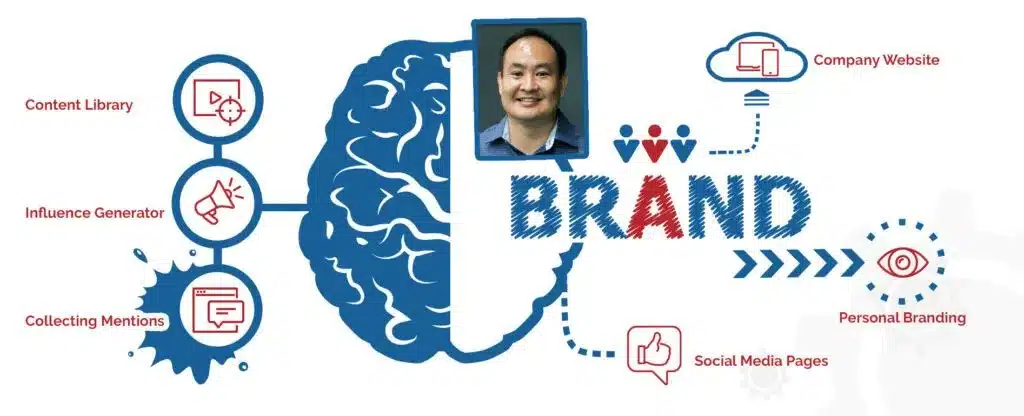Before we begin, let me ask you a question. What is your definition of a personal brand? Is it being recognizable, how people perceive you, or how the world sees and trusts your business?
The truth is, that was a trick question because there is no right or wrong answer. Building your personal brand means all of those things that I mentioned, along with a few more elements too.
The reason I ask everyone that question is because I’ve noticed that a lot of people doing business today talk about personal branding, without actually knowing what it really is. For them, building their brand ‘sounds like a good’ thing, but they don’t know how to benefit from it.
Therefore, today I want to break down what personal branding is, why is it important, and how we, as marketing agency owners, can use it specifically to drive sales and make more money.
Skip the reading and download the comprehensive personal branding guide!
Why does your personal brand matter
A personal brand is not what you say about yourself or your business. It’s what others are saying about you. It’s about getting other people in the community to endorse your business.
Therefore, building a personal brand is important for you to grow your marketing agency. From a business standpoint, it helps you attract more leads and empowers you to close them faster.
However, while hard work can help you to some extent, it’s not a scalable model for businesses to thrive in today’s fast-moving landscape. The marketing industry is all about working smarter and that’s where building your personal brand can play a major role in boosting your business.
Whenever I talk to agency owners, I always tell them one thing when they ask me questions about how to generate leads. I tell them that lead generation is the easiest problem to solve.
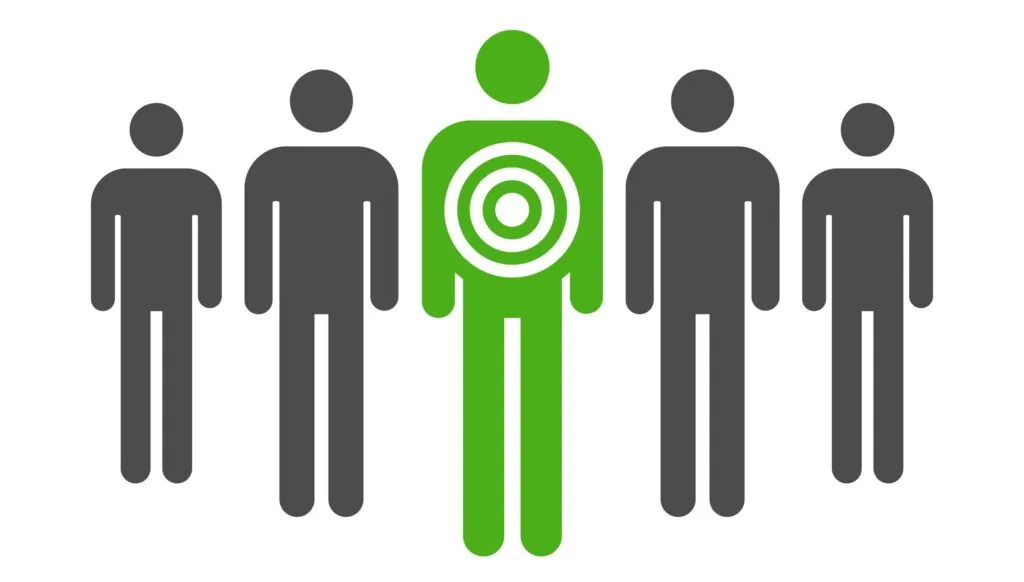
And building your personal brand is the reason why. There’s nothing better than having your brand do all the talking for your business and bring in leads without you putting in a lot of effort. Because let’s face it, when it comes to generating demand, nothing beats the inbound leads.
Are you looking for a personal branding framework? Well, look no more!
What makes a powerful personal brand
Marketing agencies can ensure that the brand they’re building is powerful by producing content that takes in consideration who they talk to, what they talk about, and where they talk about it.
Recommended Reading: How to Boost Your Agency Using the Three Components of Authority
It’s not just about designing and executing your content assets, but also about ensuring that those content pieces are high in authority by ticking the boxes of all the three components.
One thing to note is that to build your personal brand, it’s not necessary for you to constantly be authoritative on a certain topic (for example, digital marketing) to show people your authority.
Building high authority comes from building personal experiences and relationships, which doesn’t necessarily have anything to do with your agency talking about digital marketing.
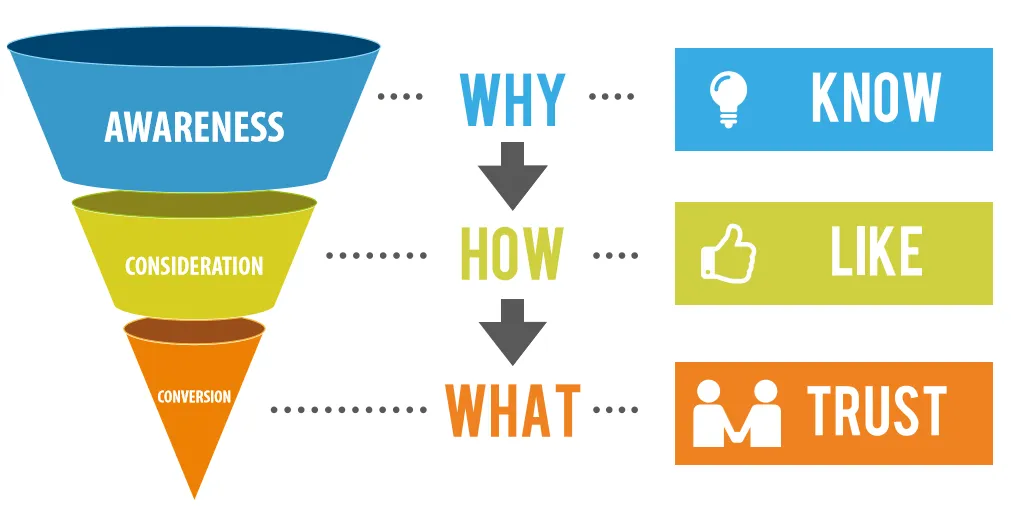
When it comes to building your personal brand, it’s the little things that create an emotional connection that matter. So, meaningful content like the WHY videos you create, which form the outermost layer of your topic wheel, actually drive more authority and build better brands.
Grab the personal branding guide to learn more about how to build a brand!
Build your topic wheel to build your brand
Before we get started on the importance of mapping out your topic wheel, let me ask you something. Of the local businesses that you, as a marketing agency, currently serve, what’s the percentage of customers that really know or care how good you are at a certain service?
Let me rephrase that a little. What do you think your customers care more about? Whether you’re competent with a certain service or whether your agency is capable of providing results?
While this doesn’t mean that you start faking your expertise and deceive customers, it does, however, highlight the importance to having perceived authority by building a topic wheel.
Mapping out a topic wheel of the content, which you can produce using the authority of others, helps you get implied endorsements and ultimately enables you to build your agency’s brand.
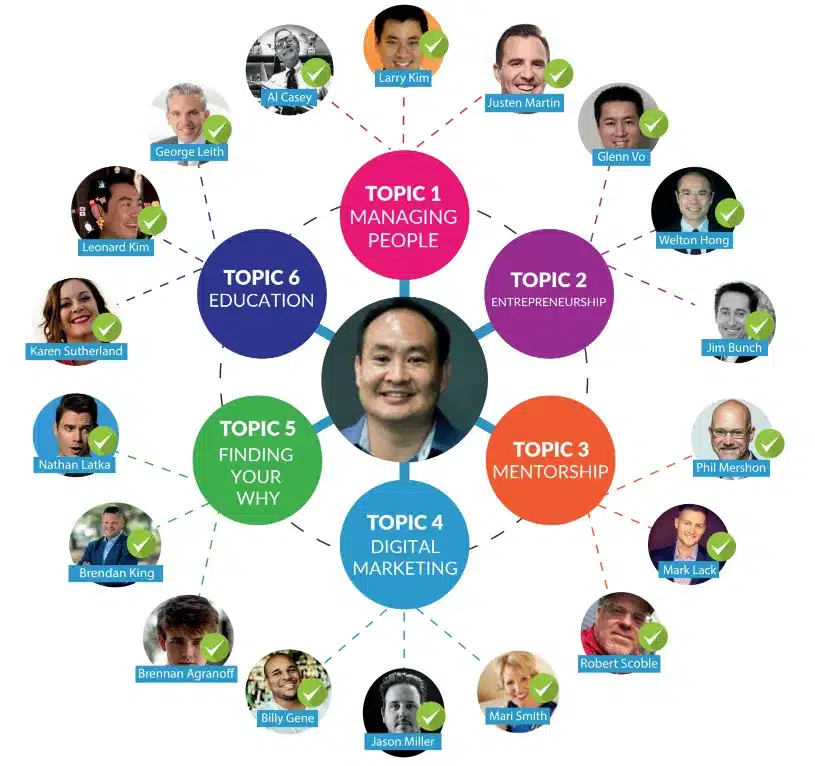
The beauty of having a topic wheel is that every piece of content that you create using it represents your personal brand. Therefore, if I select any topic from my wheel (shown above), it will showcase me with a high-authority figure, thereby creating implied endorsement for me.
There could be instances where you don’t exactly know the person in your topic wheel, but that doesn’t mean that you can’t create substantial content with them. What I like to do in such scenarios is interview people, who are successful, about how they did any one particular thing.
I then take that interview, repurpose it, and post those content pieces on my social channels.
I’m not asking those people to endorse me directly because I know they won’t. However, creating content with them is how their authority will rub off on me, which I can then remarket.
Download the personal branding guide for insights on mapping your topic wheel!
How to map out your topic wheel
Mapping out your topic wheel is as simple as the name of the concept. As you’ve seen mine above, it’s a wheel of connections that empowers you to produce content and build your brand.
As the first step, start by writing down six topics for your wheel. These topics (preferably three professional and three personal) will constitute the overarching umbrella for content creation.
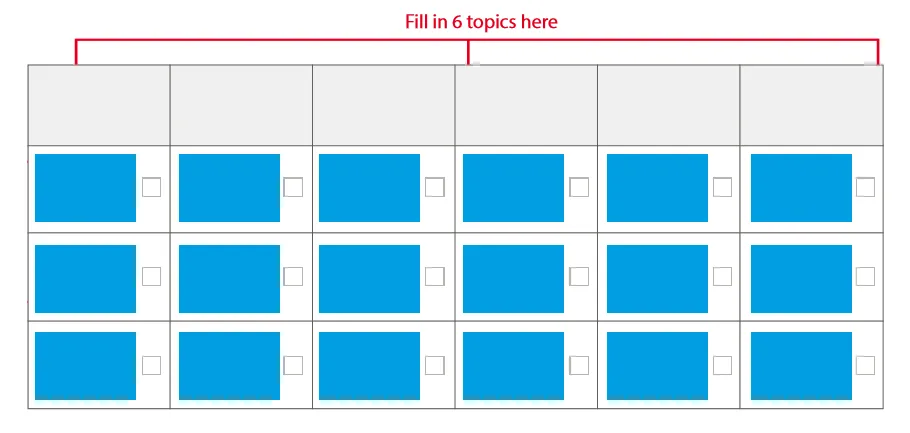
The idea behind having both personal and professional topics is to cover as much area as possible when it comes to creating an emotional and intellectual connection with customers.
As a marketing agency owner, one of your professional topics could be digital marketing. Similarly, if you love playing golf, maybe that could be one of the personal topics on your wheel. Whatever you choose, keep in mind that you must be comfortable creating content around it.
Once you have all the topics selected, under each category write the names of three people, who you believe have the most authority in that field. Remember that authority in these cases can come from different aspects like who they are, where they’re working, or their expertise.
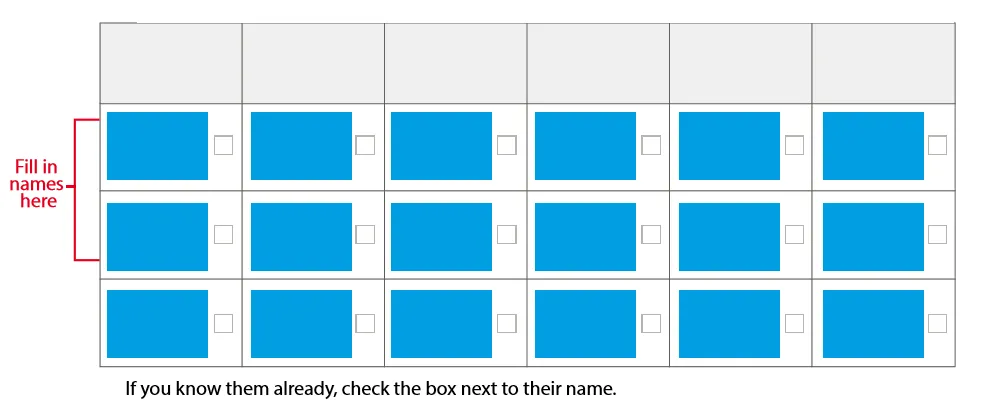
Again, it’s crucial that you be realistic while putting down names of high-authority people because at the end of the day you will have to connect with them to get endorsements.
Therefore, don’t make the mistake of writing Elon Musk’s name unless you really know him.
Another thing to note while selecting your topics is to make them as specific as possible with regard to the people you choose. So, if you know someone with a specific expertise under the digital marketing banner, then choose that expertise as your topic instead of digital marketing.
The next step in the process, once you have all the people mapped out, is to ensure that your topic wheel is balanced and actually looks like a wheel that you will use to create content.
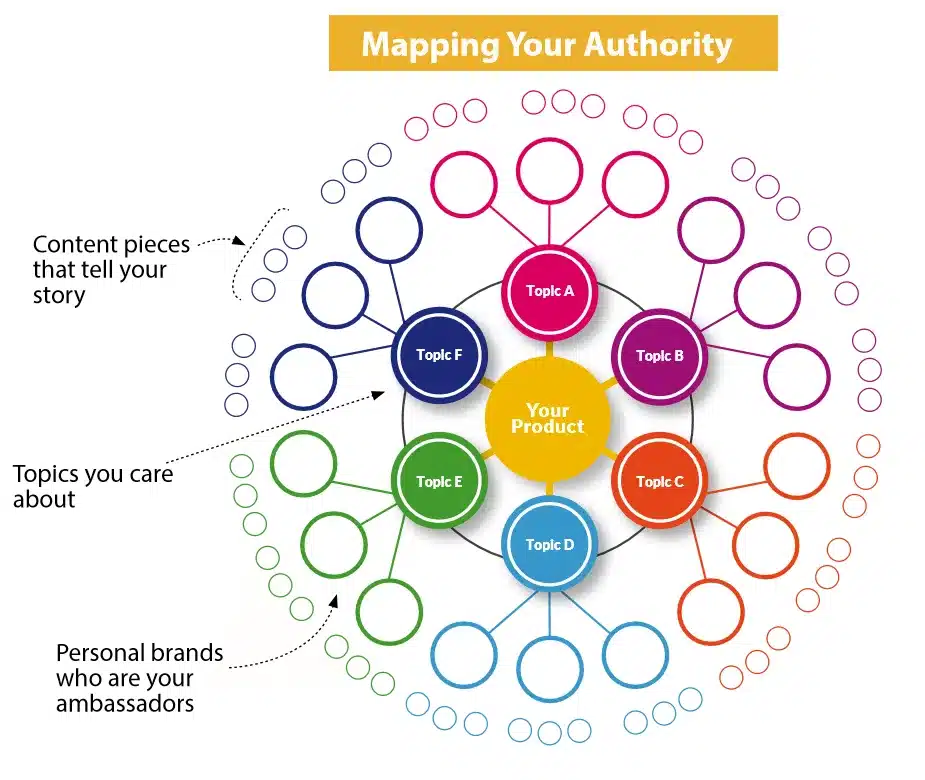
Therefore, the aim is to transform the table into a proper topic wheel that depicts your WHY, HOW, and WHAT categories of content. Once you’ve systematically mapped that knowledge into a wheel, use the high-authority content pieces from that and build your personal brand.
One of the best ways to exploit content from your topic wheel is through videos. Creating videos is my personal favorite form of content creation that I actively use to post on my social channels.
Recommended Reading: How Making Videos Right Now Can Help Your Marketing Agency
Once you start creating your videos and boost them on your social media channels, you will see that some of those WHY content pieces have started delivering the results you’re looking for.
When that happens, you can throw more fuel on the fire and boost those winning posts further to create a chain reaction of increasing the reach of the other content pieces on your topic wheel.
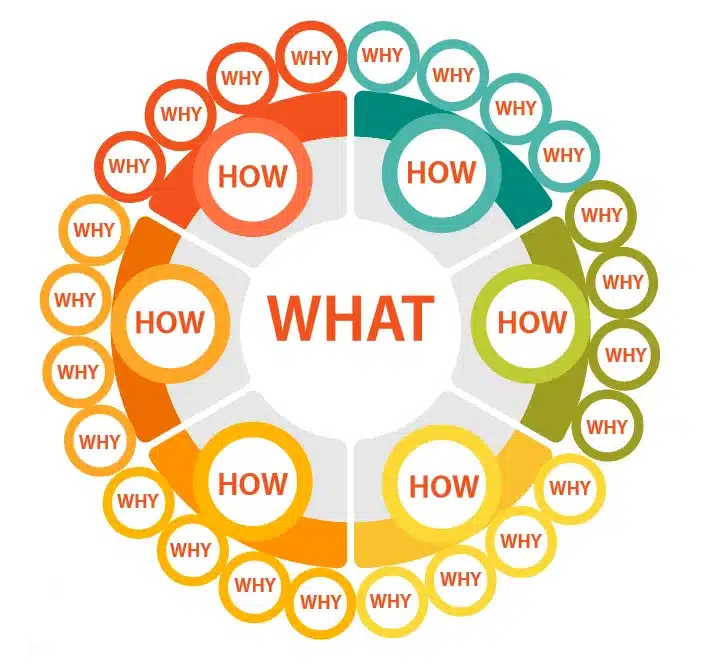
Hence, once the outer layer of WHY posts is powered up, it starts influencing the middle layer that contains the HOW posts, which eventually ends up igniting the center of the doughnut that consists of your WHAT content. This process helps convert your leads into paying customers.
Find out how your brand can drive more sales for your marketing agency!
Conclusion
Building your personal brand is not hard. It might seem like a lot to do, but it’s not impossible.
I know that most digital marketing agency owners, when producing content and building their brand awareness, tend to get a little nervous and start experiencing the imposter syndrome.
However, the key to overcoming that barrier is to remember that competence creates confidence. When you stay within your topic wheel, you’re creating deeper competence, which leads you to utilizing your expertise and growing your business with immense confidence.
[adrotate banner=”101″]
